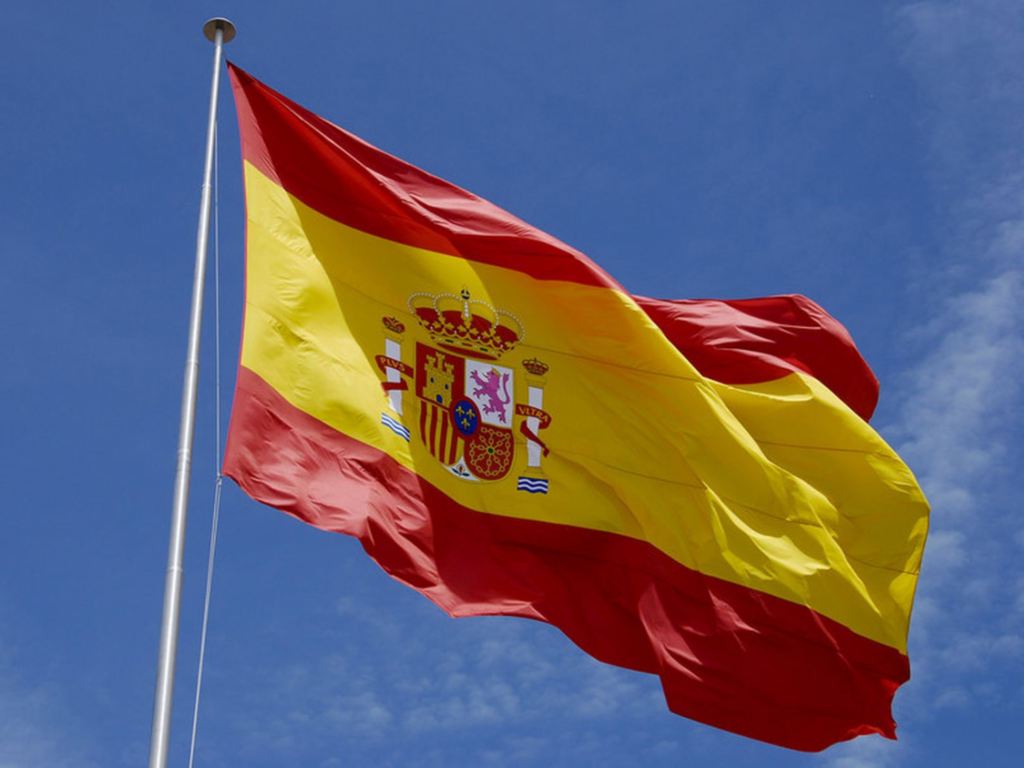Spain is becoming an increasingly popular destination for tourists. As a result, many people are inquiring about Spain’s immigration and travel policies. It is important to note that Spain is a member of the European Union, which allows citizens of other EU countries to travel freely without a visa. Non-EU citizens may need to obtain a visa before entering the country, depending on their country of origin.

Many people are also curious about the lifestyle in the nation. It is known for its relaxed, laid-back lifestyle, with a focus on enjoying good food, wine, and company. The country also has a rich cultural heritage, with many museums, galleries, and historic sites to explore. This article answers all the questions related to Spain and its living standards, so keep reading to know more.
What are the requirements for obtaining a Spanish visa?
To obtain a Spanish visa, non-EU citizens must provide a valid passport, proof of financial means to support themselves during their stay, and a clean criminal record. The permit request procedure can take some time, so it is suggested to apply well in advance of your planned travel days.
What is the maximum stay allowed for non-EU citizens in the country?
Non-EU citizens are allowed to stay for a maximum of 90 days within a 180-day period. If you wish to stay longer, you will need to apply for a visa extension or a different type of visa that allows for longer stays.
How do I obtain a Spanish driver’s license?
To obtain a Spanish driver’s license, non-EU citizens must first obtain a residency permit and then pass both a written and practical driving exam. It is recommended to take driving lessons with a certified instructor to prepare for the exams.
What is the average salary in Spain?
The average salary varies depending on the industry and location, but the overall average salary is around €23,000 per year. It is important to note that the cost of living is lower than in many other European countries, making it a desirable location for those seeking a lower cost of living.
What is the climate and culture like here?
The country is known for its beautiful beaches and warm weather, making it a popular tourist destination. In terms of culture, It is known for its flamenco dancing, bullfighting, and delicious cuisine. The country has a rich history and is home to many famous landmarks, such as the Alhambra and the Sagrada Familia.
What is the country’s crime rate?
Spain has a low crime degree compared to many other states. The most common crimes are petty theft and pickpocketing, especially in tourist areas. However, violent crime is rare here. The country has a well-trained police force that is dedicated to keeping the streets safe. It is important for visitors to be aware of their surroundings and take precautions to avoid becoming a victim of crime.
What is the time zone in the country?
Spain is located in the Central European Time Zone, which is one hour ahead of Coordinated Universal Time (UTC+1). This means that when it is 12:00 pm UTC, it is 1:00 pm inhere. It is important to note that the nation observes daylight saving time, so during the summer months, the country is in the Central European Summer Time Zone (UTC+2).
What is nightlife like in the country?
The country is known for its vibrant nightlife, with many cities offering a variety of bars, nightclubs, and restaurants that stay open late into the night. Madrid and Barcelona are particularly famous for their nightlife scenes, with many establishments not closing until the early hours of the morning. It is important to note that in Spain, dinner is typically eaten late, with many restaurants not opening until 9:00 pm or later.
You may also find these articles helpful
Moving to Spain: Full relocation guide
